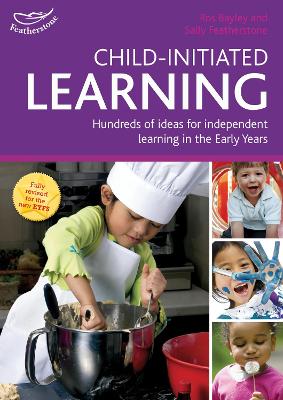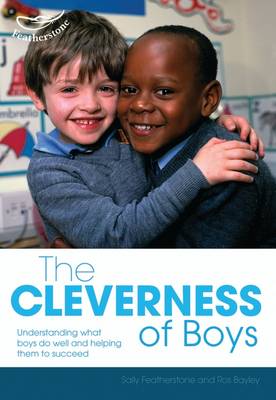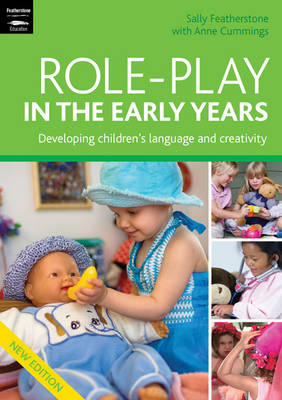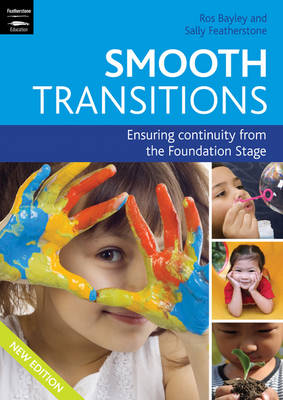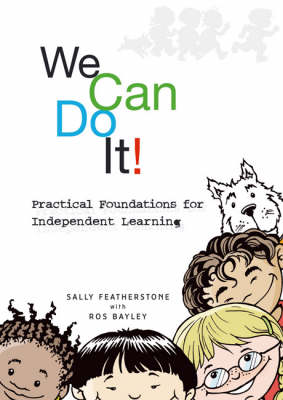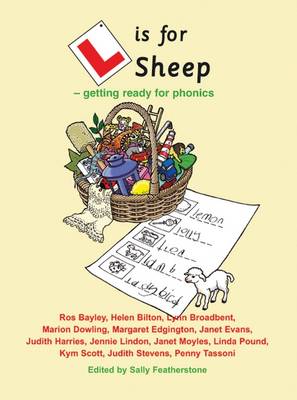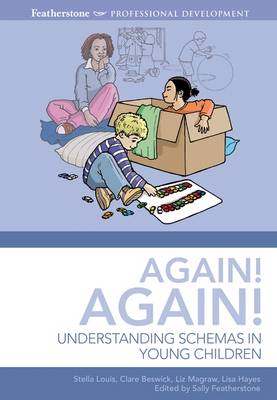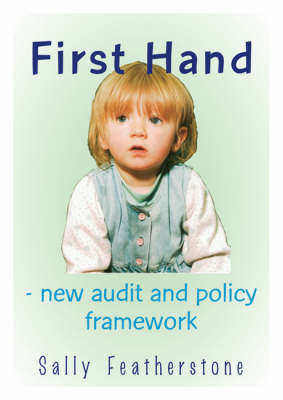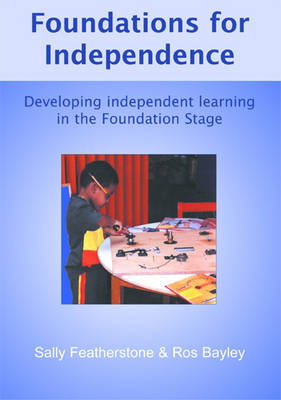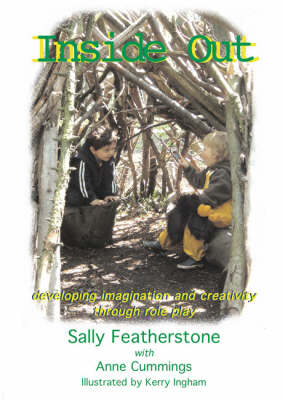Early Years Library
12 total works
v. 1
First Hand - Early Years Audit and Policy Framework
by Sally Featherstone and Alison McInnes
L is for Sheep
by Ros Bayley, Helen Bilton, Janet Evans, Jennie Lindon, Judith Harries, Kym Scott, Linda Pound, Lynn Broadbent, Margaret Edgington, and Marion Dowling
